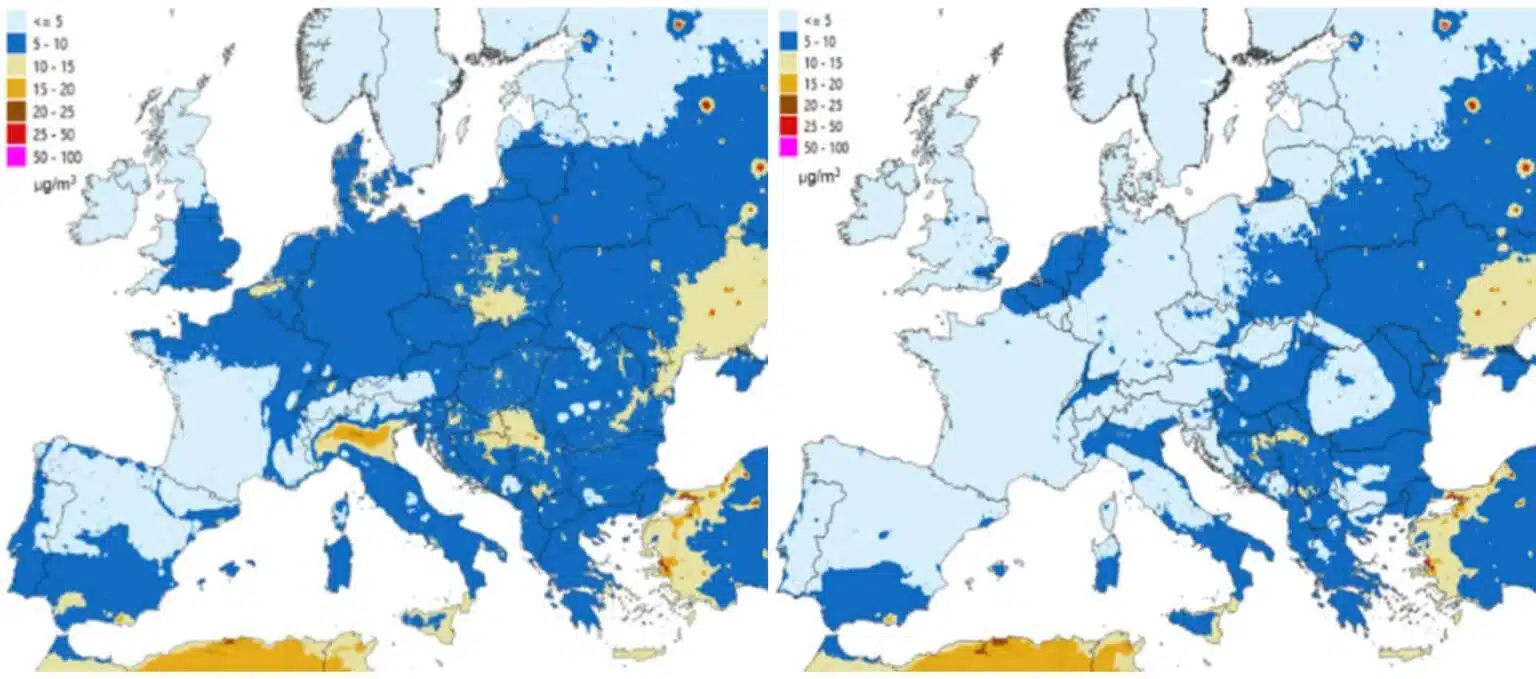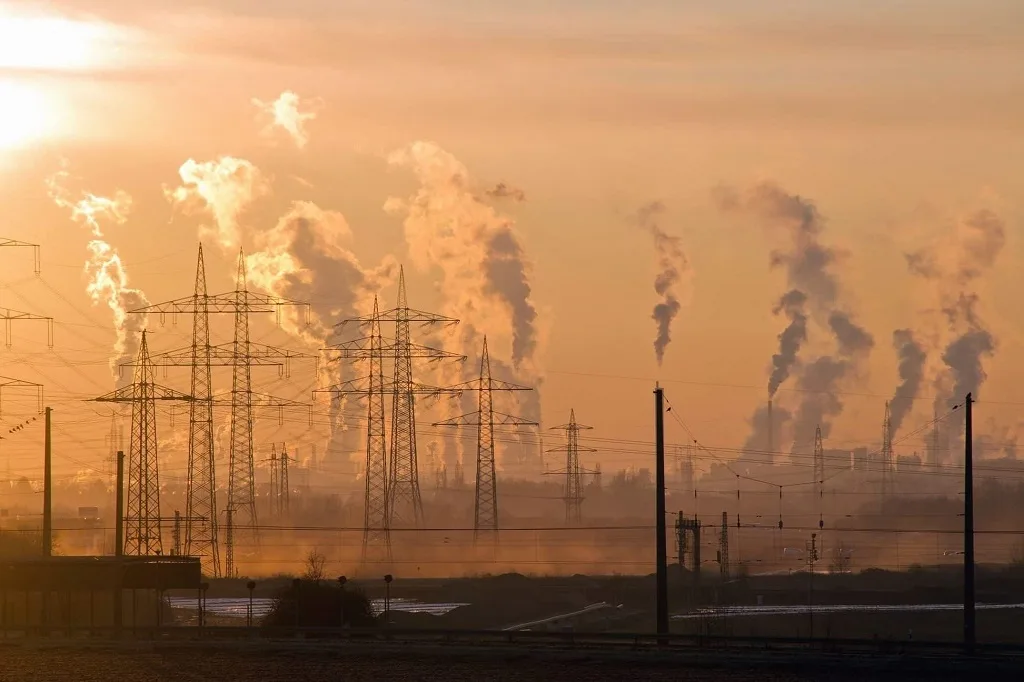Brussels – The European Parliament has finally adopted the political agreement on tighter air quality limits, which was reached in February by the EU governments. The revised directive aims to diminish emissions of key pollutants by 2030 in all EU countries, with the possibility of 10-year derogations for territories with “specific climatic and orographic conditions,” such as the Po Valley.
Of the 225 MEPs who today (April 24) opposed the formal approval of the new measures, a large part were Italians: the delegations of the three governing parties voted “no,” but also, with reasons on the antipodes, Democratic Party parliamentarians. However, it was not enough to scuttle the agreement supported by 381 colleagues.
The Italian right argues, using the words of the president of Lombardy, Attilio Fontana, that “one cannot be held responsible for living in the Po Valley,” and that in northern regions, the amount of particulate matter released into the air has been “steadily decreasing” for years already. Still, there are reasons “beyond our reach, determined by the fact that, unfortunately, the Po Valley is a basin within which there is no air recirculation.”
Fratelli d’Italia, Lega, and Forza Italiana found a surprise ally today in a desperate attempt to block the new regulations. For the PD, the directive “is not sufficient and postpones to 2040 the deadline by which many regions will have to fall within the new limit values.” For this reason, delegation leader Brando Benifei explained, “Despite other positive measures, we could not support it: it is an unacceptable derogation, strongly desired by the presidents of the centre-right-led northern regions.”
What the revision of the EU air quality directive envisages
The new standards set stricter limits and target values for several pollutants, closer to the most recent guidelines dictated by the World Health Organization (OMS). Fine and particulate matter, nitrogen dioxide (NO2) and sulfur dioxide (SO2): For the two most harmful to human health pollutants, PM2.5 and NO2, the annual limit values are to be more than halved by the end of the decade, from 25 µg/m³ to 10 µg/m³ and from 40 µg/m³ to 20 µg/m³, respectively.

At the end of a more than a year-long controversy (mostly Italian) since the Commission proposed the revision of the EU air quality standards in October 2022, the provisional agreement stipulates that member states will have the option of requesting, by January 31, 2029, and for specific reasons and under strict conditions, a postponement of the deadline for reaching the new limit values.
Till January 1, 2040, for areas where compliance by 2030 would be “unfeasible due to specific climatic and orographic conditions” or where reductions can be achieved “only with a significant impact on existing domestic heating systems” until January 1, 2035, (with the possibility of extension for two more years) if projections show that the limit values cannot be achieved by the attainment deadline.
To apply for these exemptions, member states will have to demonstrate in their air quality plans that the exceeding of the values will be maintained for the shortest possible time and that the new targets will be met by the end of the period. In addition to these plans, which are required for EU countries that exceed the limits, all member states will have to create roadmaps by December 31, 2028, outlining short- and long-term measures to comply with the new standards by 2030. These standards will be reviewed by the end of the decade and every five years thereafter, realigning to possible new guidelines set by the WHO.
The EU co-legislators also agreed to make the air quality indices currently fragmented across the EU comparable, clear, and publicly available, which will allow information to be shared on symptoms associated with peak air pollution and the health risks associated with each pollutant, including tailored information for the most vulnerable groups. Citizens and NGOs will have to be guaranteed access to justice to challenge possible negligence by member states. Most importantly, anyone who has suffered health damage as a result of violating the new regulations will be entitled to compensation.
The EU Council must formally adopt the law before it is published in the Official Journal and enters into force 20 days later. Member countries then have two years to implement the new rules.
English version by the Translation Service of Withub





